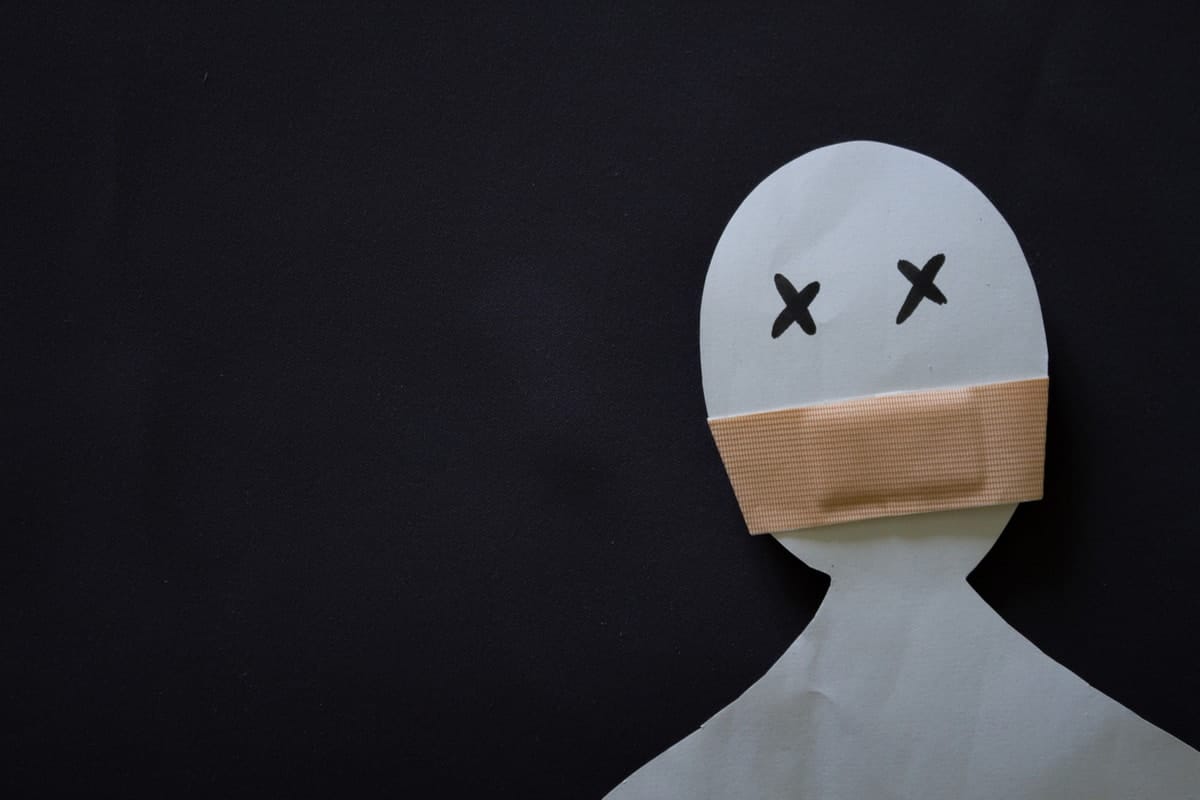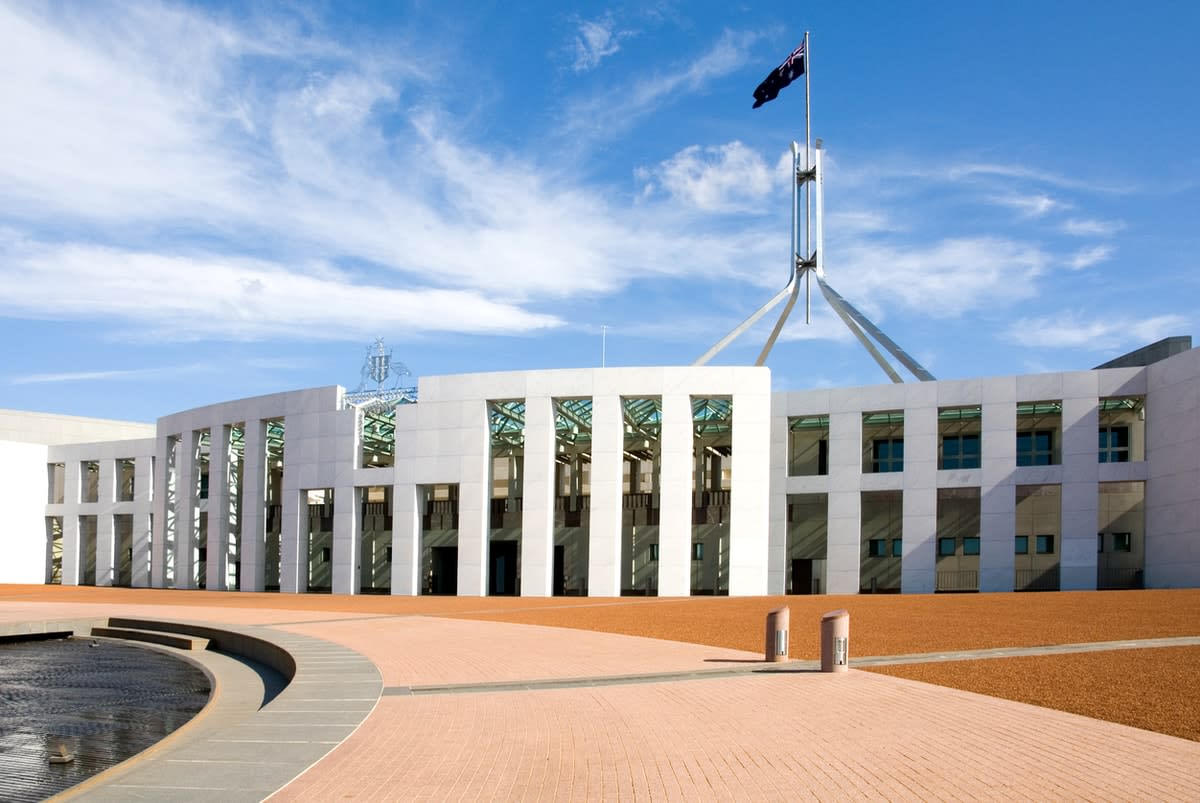
Another week, another story of gender violence. It’s hard not to be outraged, but at the same time cynical and fatigued, at the usual platitudes.
As I read the story of Brittany Higgins this week, I was struck by the similarities between her account and the stories of workplace sexual harassment in my study of teachers in elite private schools.
There are many parallels that, I believe, might help deepen our understanding.
To begin with, the “strange culture of silence” in Parliament that Higgins alleges is not so strange or unique. I’ve also found that these erasures and silences are crucial to the ongoing manifestation of gender oppression in schools. We have to look closer at the mechanisms involved.
The most obvious of these mechanisms that produce silence in elite private schools are its market sensitivities, where parents buying a premium education for their children are highly sensitive to bad news. Likewise, political parties are similarly sensitive to media scrutiny and public perception. As a media commentator bluntly put it, “perpetrators just have the good fortune of working in an environment that will never publicly shame them”.
Levers to engender silence
However, I’ve found in my research that highly unequal relationships and "skin in the game" for employees are crucial levers that engender silence.
For the victim, it’s typical that they come to understand that their livelihood is at stake, and remain silent. As recent commentary argued, “parliamentary staffers are the Uber drivers of the political process – they have no rights at work”. As my study of teachers also reveals, this disparity in power between employees and their employers is fertile ground for denial.

However, the situation is much more insidious. It goes deeper through personal internalisations of the norms and narratives within institutions.
For example, there are many similarities between Higgins’ account of how she felt that she was “letting the team down” if she spoke out, and teachers in my study who felt that they would be responsibilised for the sexual harassment they endured if they complained.
Read more: Shore School muck-up day scandal reflects deep-rooted ‘us and them’ culture of elite institutions
This type of victim-blaming practice has not gone away like the dinosaurs of the past, but transformed into more subtle forms. For example, the Prime Minister’s own myopia, seemingly salvaged because his wife Jenny told him to “think about [rape] as a father first”, is a familiar response we see time and again.
It all seems vaguely reasonable, but under the cover of the dad-act is the same heterosexist logic that undergirds gender oppression and victim-blaming. As has been pointedly asked: “Are women only deserving of empathy when they are wearing another daughter’s face?”.
A predictable response
The way Higgins’ complaint was handled has been predictable enough. Those that should have simply did not do enough, or well enough by the PM’s own accounting, if we even just consider how Higgins was interviewed in the very same room the alleged rape occurred.
This is not to mention the alleged steam-cleaning of the office in which the rape is said to have taken place, which raises serious questions about “genuine good intentions” that Scott Morrison has strategically declared of those handling the complaint.
Read more: After #MeToo, what lessons could we learn from #WhatIf?
As such, we would be naïve to think that the better standards and improved complaints handling that have been suggested for remediating the situation will in themselves do much to dismantle the mechanisms that enable gender violence.
Brittany Higgins’ story of surviving rape must not simply be another tale in a seemingly never-ending parade of #MeToo moments. How many wake-up calls must we have before we actually wake up?





